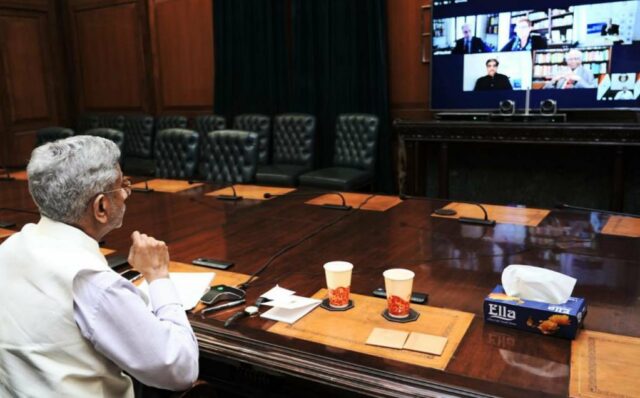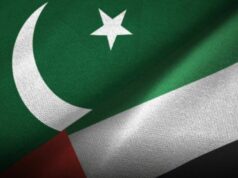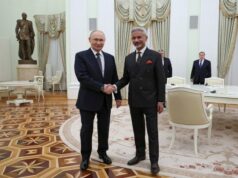“We did what we had to do.”
NEW DELHI: With those words, India’s External Affairs Minister Dr. S. Jaishankar underscored the government’s common approach to the three challenges of 2020: the border dispute with China, Covid-19 and the economic impact of the pandemic.
As he put it, “There was an active debate which continues to this day. It is natural for people to offer advice, often on matters which they may not have particular knowledge, that is a human trait. But what came through was that we were resolute, we were strong about protecting our interests.”
Speaking at the Asia Economic Dialogue organised by the Pune International Centre, Jaishankar said the focus was on the “right thing to do.” “In each of these cases, I would assert to you that they were difficult challenges. There were a lot of debates as indeed there should be, there were tough decisions, lot of second guessing and a lot of free advice given around. I would say, as a government we listened to everything and then we did what we thought was the right thing to do.”
His Australian counterpart Marise Payne alluded to her country’s own problems with China over the tough stance it has taken on the coronavirus. Australia has called for a “global enquiry” into the origins of the coronavirus pandemic which should not include the WHO. The latter had recently given China a clean chit, absolving it of any role in the outbreak of the pandemic. China is punishing Australia for its stand.
As Marise Payne put it, “There is no question that we are in a particular environment with China at the moment which sees them perhaps not observing the rules-based order in terms of adherence to world trade norms. We have taken them to the WTO for its tariffs they have imposed on our goods.”
In an outreach towards India and Japan, the minister said that Australia needed to work with “trusted partners” to help maintain a “rules-based international order” and ensure “global recovery” of the economy post Covid-19.
She also suggested that international organisation such as the Quad which so far has focussed mainly on security in IOR, should also begin to look more at the trade aspect to reduce reliance on Beijing. “The work that we have done in a minilateral aspect, we can work together through more regular meetings perhaps through Quad trade ministers or even through trilateral undertakings.”
Jaishankar stressed another point, that democracies need to find a balance between openness and self-reliance. “Openness by itself is not a solution for the society as it just means leaving oneself wide open to other people who may have far more predatory practices. It is very important to be strong at home, to build capabilities at home. We cannot be politically agnostic when we look at the world.”





